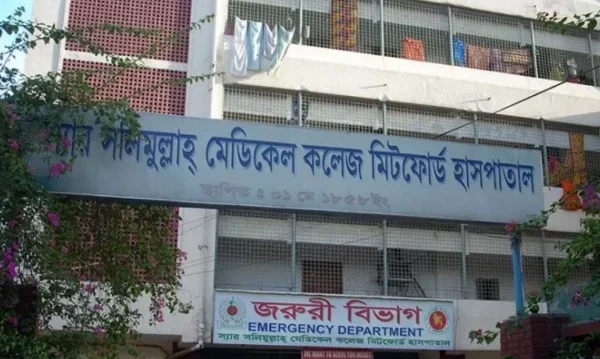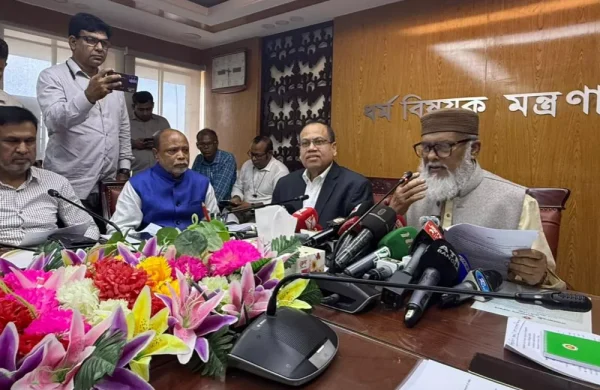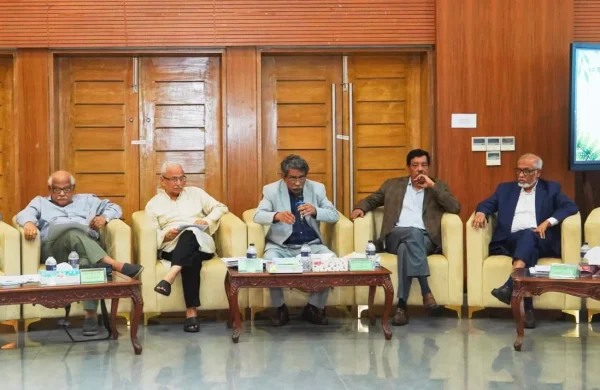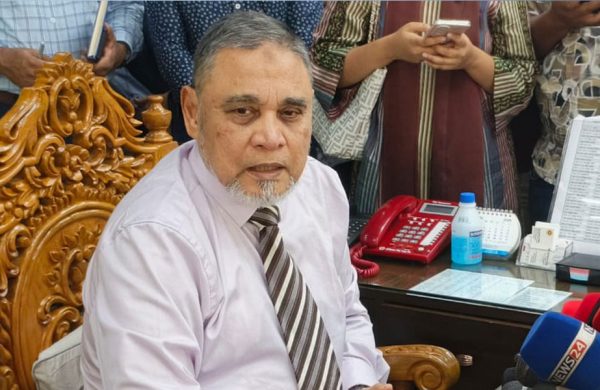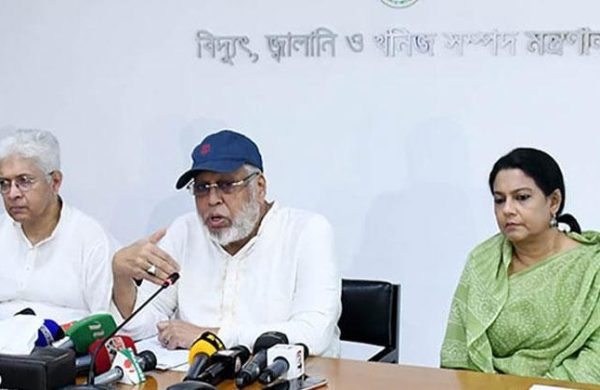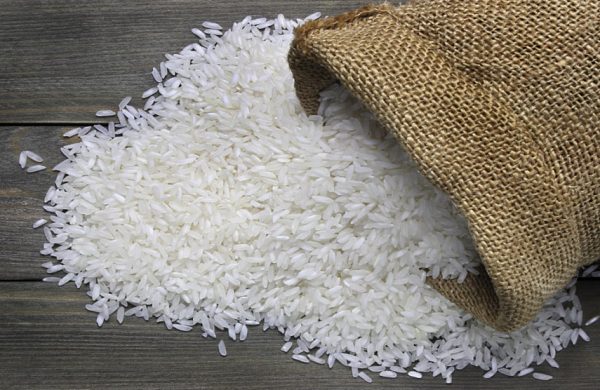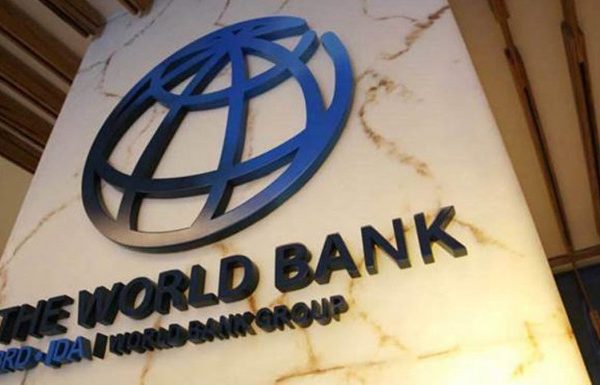Govt targets 800 barrels a day with new Sylhet oil well by 2026
- Update Time : Saturday, October 26, 2024
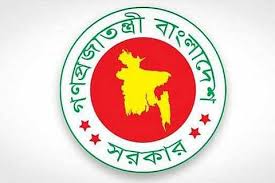
Sylhet Correspondent:
The government has launched a new oil well drilling project with an estimated cost of Tk256.19 crore, aiming to produce approximately 800 barrels of oil per day over the next 10 years, contributing significantly to the country’s growing energy demands.
The proposed well, known as Sylhet-12, marks a major step towards boosting domestic oil production and the project is slated to be executed by June 2026.
A senior official of the Planning Commission told that the power, energy, and mineral resources ministry already submitted the project proposal, titled “Drilling of Sylhet-12 Oil Well,” for approval.
A Project Evaluation Committee (PEC) meeting is scheduled for 27 October at the Planning Commission, with Dr Md Mostafizur Rahman, member of the commission’s Industry and Energy Division in the chair, he added.
The project aims to increase domestic oil production, thereby reducing the nation’s dependence on imported oil.
If approved, Petrobangla, under the supervision of the Energy and Mineral Resources Division, will oversee the project, while Sylhet Gas Fields Limited (SGFL) will execute the venture over a period of 20 months.
The project emerged from data gathered during previous explorations, specifically from the drilling of Sylhet-10, which indicated the presence of oil and gas in the region, officials concerned said.
Geological studies based on the Geological Technical Order (GTO) suggest promising extraction potential in the Upper and Lower Bokabil zones, with reserves estimated to be 15-20 million barrels of oil.
Md Mizanur Rahman, managing director of SGFL, expressed optimism about the project’s potential.
“If the project is successful, it will enhance domestic oil production, helping to meet the nation’s energy needs,” he said.
He also highlighted that the initiative could play a vital role in reducing reliance on imported energy, which is critical for the country’s long-term energy security.
According to Petrobangla, the country’s annual oil demand currently stands at approximately 7.2 million tonnes, with the majority being met through imports.
The country has not had an operational oil well since production ceased in the 1990s. From 1986 to 1994, Bangladesh’s first oil well produced around 550,000 barrels of oil. The Sylhet project is considered a crucial step toward reviving the country’s domestic oil industry.
If the Sylhet-12 well proves successful, the government plans to explore additional sites, with potential drilling of another oil and gas well already in consideration.
This proactive approach underscores the government’s determination to develop Bangladesh’s energy resources, ensuring long-term energy security for future generations.
As part of its review, the Planning Commission made several recommendations to optimise project costs. These include reducing transportation expenses and vehicle rental fees associated with the project.
The commission also suggested employing local consultants instead of foreign experts, which would both reduce costs and capitalise on domestic expertise.
Final approval for the project is currently pending, awaiting the outcome of the October 27 PEC meeting. There is considerable national anticipation, as the successful implementation of the Sylhet-12 project could greatly enhance Bangladesh’s energy security.
At present, the country’s energy security relies heavily on imported oil, supplemented by small quantities refined by five private-sector refineries.
The potential discovery of oil reserves in Sylhet sparked hope among industry stakeholders.
While testing and evaluation are still ongoing, a successful confirmation could pave the way for a more independent energy future.
In the broader context, the government’s emphasis on domestic oil production reflects a strategic effort to balance supply with growing demand, according to SGFL officials.
If executed successfully, the Sylhet-12 project could play a key role in strengthening the country’s energy sector, fostering greater self-sufficiency, and contributing to economic stability.


